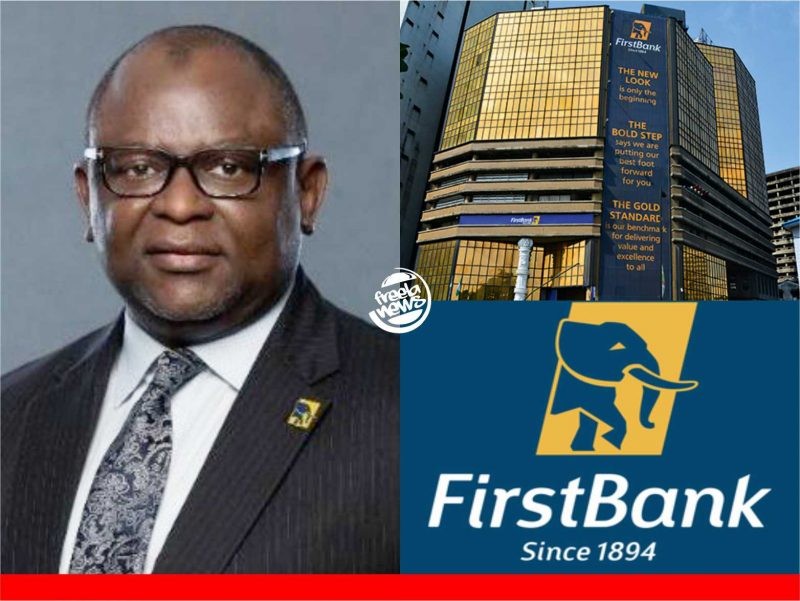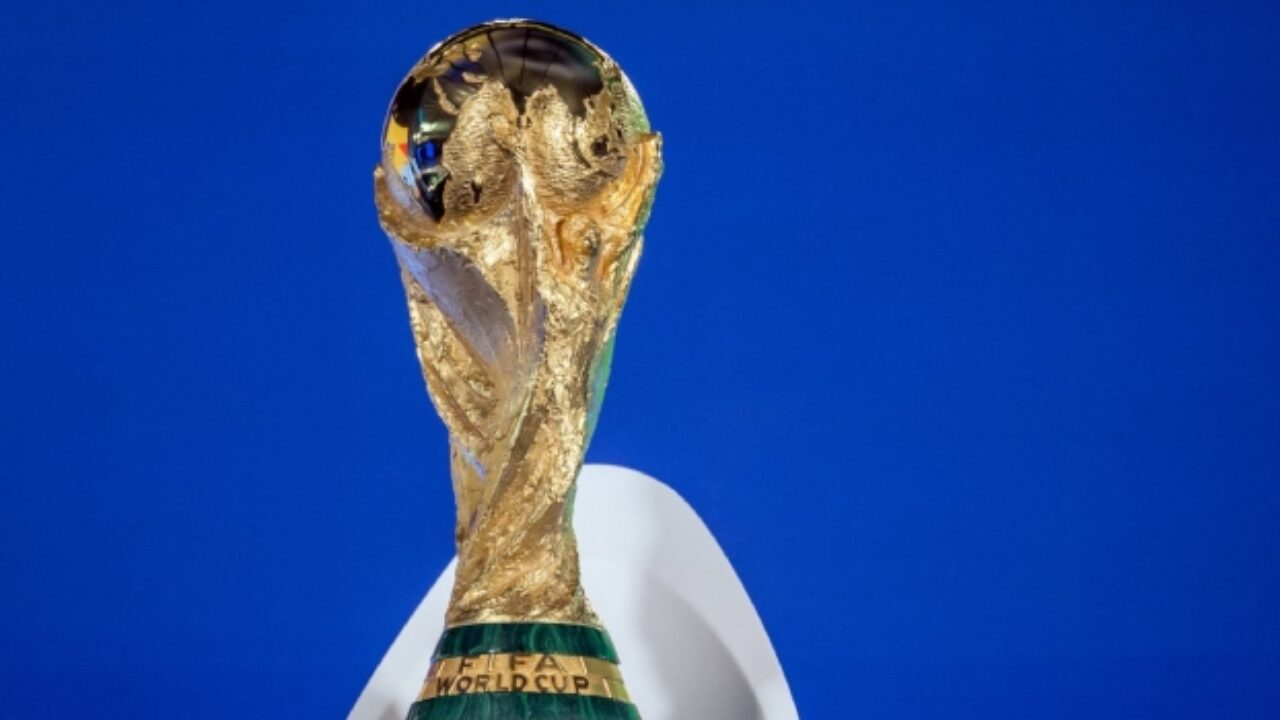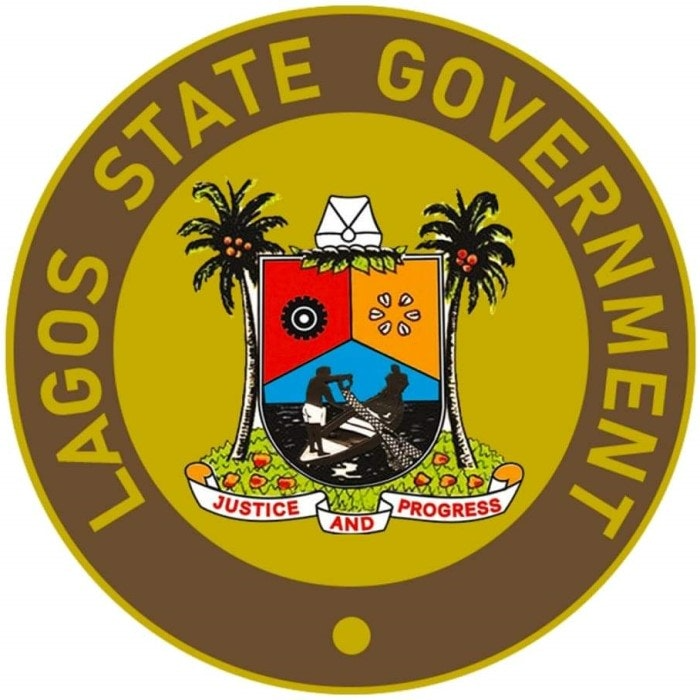This year, First Bank of Nigeria marked its 126 years of doing business in Nigeria-a feat which makes it the oldest bank in Nigeria and one of the oldest brands in the world, putting it in the same elite league of few organisations that have existed over a hundred years and still waxing strong like JP Morgan Chase, founded in 1799; Colgate, founded in 1806 and the Citigroup, founded in 1812.
Like Julius Caesar after winning the battle of Asia Minor-now Turkey, the bank has earned the bragging rights to say ‘veni, vidi, vici,’ a phrase which translates to ‘I came, I saw, I conquered!’ First Bank has conquered in the sense that through sheer doggedness and resilience, it has traversed the turbulent Nigerian and African financial services terrain over the course of 126 years.
Perhaps because of the COVID-19 pandemic, the patrons and promoters of FirstBank didn’t do much in March this year to commemorate the 126th anniversary of the brand franchise in Nigeria, having celebrated its 125th milestone in 2019 with a catch-phrase that resonated through the length and breadth of the nation, ‘… woven into the fabric of society’. Unquestionably, the bank is one of the earliest institutions established in West Africa, and obviously, one of the few ones still in existence today.

Despite FirstBank’s long years of existence notwithstanding, its handlers haven’t allowed complacency to dampen their drive to position the nation’s number one financial institution as the best and one of the brands that are making Africa proud. For 126 years, FirstBank has navigated Nigeria’s banking landscape, supporting businesses and building other brands.
But the FirstBank story is that of not giving up despite all odds. However, the greater story hasn’t been told by those who daily promote it, but it has consistently given the hope of financial security to the ultimate owners of the brand- the banking public. This explains why in a country where mortality rate is high in the market, the brand still remains a reference point, when it comes to building an enduring African brand in the last 126 years.
Since its establishment in 1894, the pioneering bank has always enjoyed the trust and unwavering confidence of its teeming loyal customers in an industry that was no stranger to bank distress which was a recurring decimal before the current Central Bank of Nigeria’s reforms that put paid to that. With an unparalleled reputation for leadership, an inimitable strength and elephant-sturdy stability, the bank has consistently marked as the numero uno and the most trusted bank in independent customer surveys.
It has also established itself as a brand of strength and dynamism, with the vision to be the leading international banking group in sub Saharan Africa. The brand is at the heart of the holistic experience it seeks to deliver to its stakeholders perpetually, which is essential to retaining patronage and the competitive edge that keeps it at the coveted position of the market leader.

Consumers and investors alike have always held a strong belief that they can put their money in First Bank and go to sleep with their two eyes closed. In fact, its stability, earned trust, longevity and inimitable status as the banking industry’s primus inter pares has rubbed off on other banks such that a banker is quoted to have said, “First Bank is so trusted that even it was to have a problem, other banks would not allow it to fail because that would cause erosion of public trust in the banking industry.” This and more has given it the impetus to be addressed in the superlative as first among equals.
FirstBank interacts with its stakeholders and demonstrates an understanding of their busy modern lives or businesses, to support their aspirations. Hence, it can proudly claim to have evolved over 120 years by respecting and upholding the shared heritage relevant not only to today’s modern Nigerians but also today’s modern world.
With a ‘You First’ brand purpose to always put its stakeholders, customers and partners at the heart of its business, FirstBank is on a definitive mission to create a strong global presence in order to reinforce its position as the leading sub-saharan banking services group. Constantly, the brand strives to inspire understanding, drive collaboration, and build a better way to unify and strengthen its brand to delight all stakeholders. Its brand promise is thus to always deliver the ultimate “gold standard” of value and excellence anchored on its inherent values of passion, partnership and people, to position “You First” in every respect.
Today, the bank has distinguished itself as a dominant player in the financial services sector with over 13,000 agent banking across Nigeria and as one of the very few banks that have locations across the length and breadth of this country with representatives in the 774 local government areas in Nigeria.
In addition, the bank has demonstrated times without number that its elephant’s heart is purely made of gold as its Start Performing Acts of Random Kindness, code-named SPARK initiative scores higher in terms of sustainability. A documentary on the activities of the bank’s CSR initiative, shown recently where I was privileged to be part of the audience as the publisher of Freelanews, revealed the testimonies of the happiness being shared across the country, leaving others in its dust. revealed
The invincibility of the bank also cuts across the African sub regions towards achieving for itself continental and global accolades. Consequently, for 125 years and counting, the brand has remained one indivisible brand with no record of ever being acquired merged or put-on hold for any period. It has maintained unbroken and uninterrupted service delivery.
It is the oldest bank in West Africa with the largest retail banking network in Nigeria as at last year, with a total combined asset of about $22.8 billion, the closest bank having $20.6 billion; total customer deposits of $17.6 billion; total customer loan of $12.1 billion and with total number of branches exceeding 750 nationwide, as at last year.
The bank’s account book also reveals that retail banking accounts for over 50% of FirstBank’s net revenue while corporate and institutional banking constitute over 70% of loans while retail and public sector contributes 75% of the bank’s deposits, also as at last year.
Brief History and Key Milestones
This iconic bank brand that has come to be known as an iconic colossus in the financial sector was founded in 1894 by Sir Alfred Jones, a shipping magnate from Liverpool, England. With its head office originally in Liverpool, the bank commenced business on a modest scale in the then British Colony, Lagos, Nigeria under the name, Bank of British West Africa (BBWA). It originally served British shipping and trading agencies in Nigeria.
In 1912, the Bank acquired its first competitor, the Bank of Nigeria (previously called Anglo-African Bank) which was established in 1899 by the Royal Niger Company. In 1957, the bank changed its name from Bank of British West Africa (BBWA) to Bank of West Africa (BWA). In 1966, following its merger with Standard Bank, UK, the Bank adopted the name Standard Bank of West Africa Limited and in 1969 it was incorporated locally as the Standard Bank of Nigeria Limited in line with the Companies Decree of 1968.
In 1971, Standard Bank of Nigeria listed its shares on the Nigerian Stock Exchange and placed 13% of its share capital with Nigerian investors. After the end of the Nigerian civil war, Nigeria’s military government sought to increase local control of the retail-banking sector. In response, now Standard Chartered Bank reduced its stake in Standard Bank Nigeria to 38%. Once it had lost majority control, Standard Chartered wished to signal that it was no longer responsible for the bank and the bank changed its name to First Bank of Nigeria Limited in 1979. By then, the bank had re-organized and had more Nigerian directors than ever.
By 1991, it again changed its name to First Bank of Nigeria Plc, respectively. In 2012, the Bank yet again changed its name to First Bank of Nigeria Limited as part of a restructuring resulting in FBN Holdings Plc, having detached its commercial business from other businesses in the FirstBank Group, in compliance with new regulation by the Central Bank of Nigeria (CBN). FirstBank had 1.3 million shareholders globally, was quoted on The Nigerian Stock Exchange (NSE), where it was one of the most capitalised companies and also had an unlisted Global Depository Receipt (GDR) programme, all of which were transferred to its Holding Company, FBN Holdings, in December 2012.

Freelanews is a potpourri of news, entertainment, business, events and photos. This is no fake news.





























